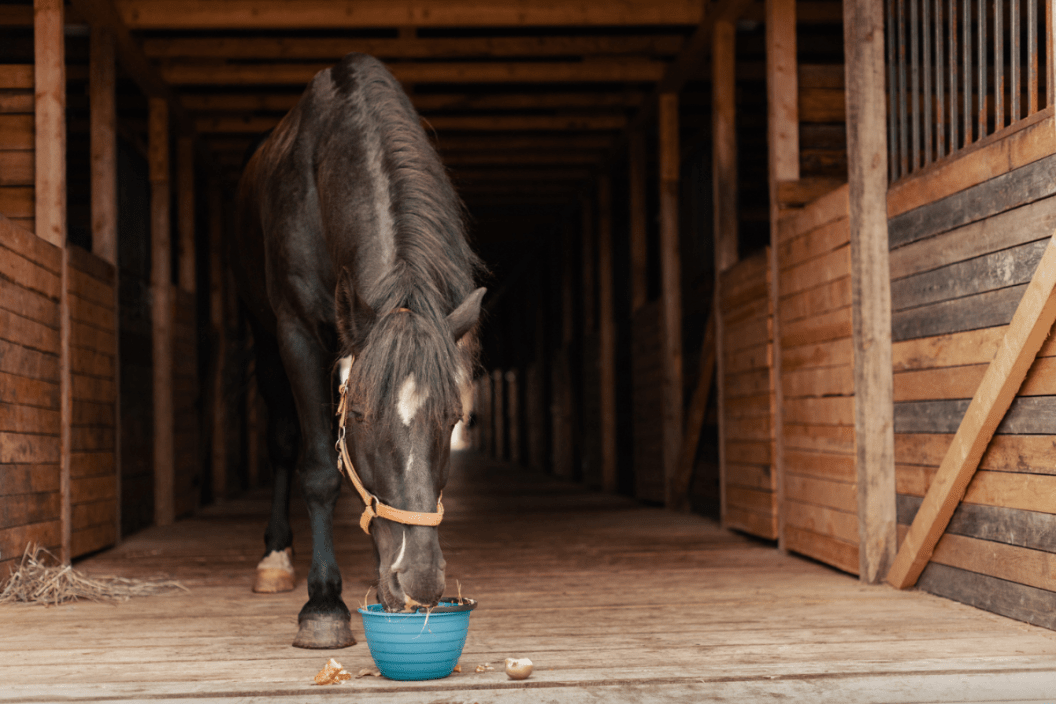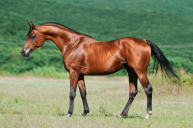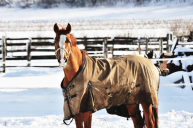Horses aren't cheap, but the price you pay to actually acquire a horse is just the entry fee. Once you've adopted a new hooved friend into your home, there are quite a few other costs to consider. Horses need food, shelter, and veterinary care for starters. If you plan to ride your horse, you'll need tack and accessories. Additionally, it's pretty hard to keep a horse in a typical urban sprawl setting—city dwelling horse owners will have to factor boarding into their horse costs, as well as riding lessons. Where you live may dictate where you plan to keep the horse and what type of training and work you plan to do with your new buddy.
Whether you're hoping to save money by keeping your horse on your own pasture, or you have to stable your horse for getaways outside the city, here are some of the other factors to take into consideration when buying a horse.
Horse Prices
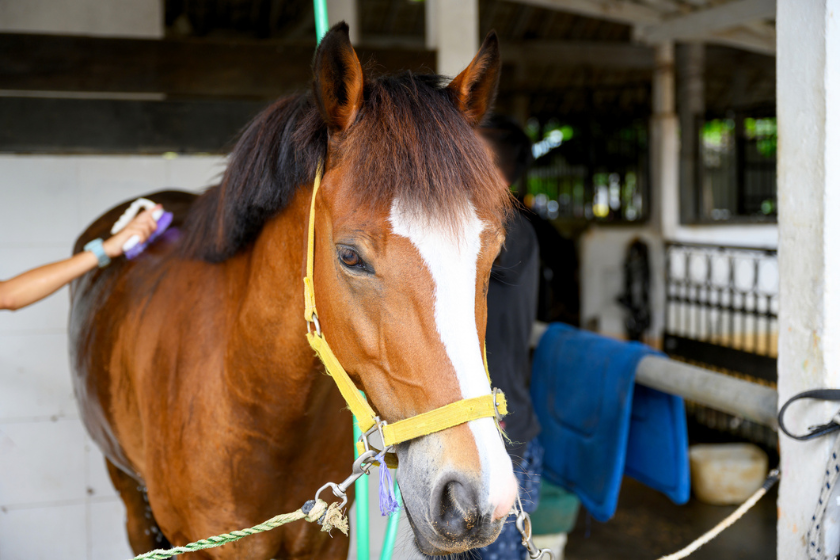
The price for a standard horse is roughly around $3,000 annually. While that might seem downright unaffordable for many people, horses are surprisingly not just owned by the wealthy. The American Horse Council suggests in their 2005 study that not all horse owners are wealthy; half of horse owners only earn between $25,000 and $75,000 annually, and over a third make less than $50,000 per year.
While you don't necessarily have to be rich to own a horse, you should be well-prepared for the expense. Pet expenses creep up even for the best of us, so it always pays to be prepared with a budget and realistic expectations.
Other Considerations

A good boarding facility isn't cheap, and upkeep can cost around $400-$500 a month. If you can provide horse care at home and board your own horse on pasture at your house, you'll save a lot on annual costs. Horse ownership is a lot of work, so if this is your first horse and you live in an urban area, you'll need to get a strict budget together. The initial cost is a lot higher if stabling isn't possible at your home.
Consider those boarding costs before you purchase a foal or horse. Check and see if the boarding facility also has riding lessons and veterinary care on-site. Remember that proper hoof care is part of owning a horse as well. Farriers need to be paid for their work, which usually costs anywhere from $25-$30. Shoes should be replaced every two months or so at a price of $80-$100.
Remember that food-related items such as hay, salt, and supplements should be factored in as well, coming in at roughly $70 per month. Grain can be a more expensive option. Veterinary care should also be factored in, and while horses are a little more expensive to treat than cats or dogs, a healthy horse should run you as little as $300 a year for a checkup. This doesn't factor in any major medical issues, though.
Actually Riding Your Horse
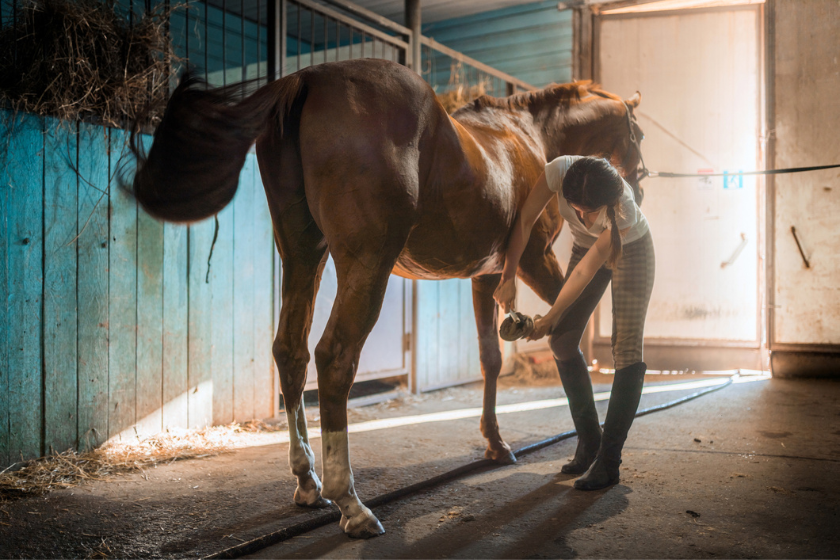
There are a few basic items every horse owner needs, including a saddle, bridle, saddle pad, grooming supplies, first-aid kit, and barn equipment to keep their environment clean. Prices can vary a lot with these items, and you can shop within your budget for each as you see fit. A good starting point is around $500 for tack and accessories, but you can get by with cheaper supplies. Just know that cheap supplies will have to be replaced more often, and it can often make more sense to splurge for a better quality product.
How much do Arabian horses cost? How much do Clydesdale horses cost? It really depends! These type of breeds will absolutely impact the overall cost of the horse.
